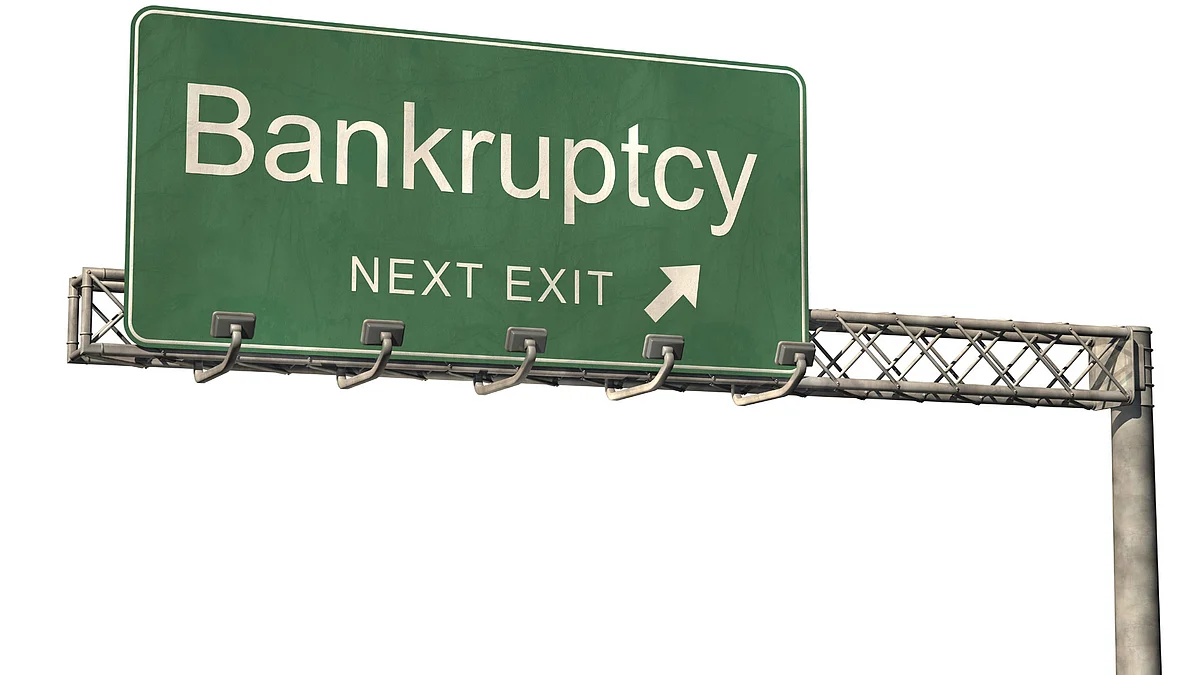5 Of Dirty Dozen Of Stressed Assets In Final Stage Of Resolution
The cases are now at the NCLT, waiting for a final nod before the resolution plans can be implemented.

advertisement
Ten months after they were first shortlisted by the Reserve Bank of India for immediate referral for bankruptcy proceedings, five of the 12 large corporate accounts are now in the final stages of resolution.
In cases like Amtek Auto Ltd, Bhushan Steel Ltd, Electrosteel Steels Ltd, Jyoti Structures Ltd and Monnet Ispat & Energy Ltd, the committee of creditors has approved resolution plans that they think will work best.
These cases are now at the National Company Law Tribunal, waiting for a final nod before the resolution plans can be implemented.
Under the Insolvency and Bankruptcy Code, a corporate insolvency resolution process must be completed within at least 270 days of admission of a case. A CIRP is considered complete when the committee of creditors and the NCLT both approve of a resolution plan. In eight of the 12 cases, the 270-day deadline is set to end by the end of this month.
Bhushan Steel
In the case of Bhushan Steel, the resolution professional and the committee of creditors, led by State Bank of India and Punjab National Bank, have already finalised the resolution plan submitted by Tata Steel Ltd as the winning bid.
In March, BloombergQuint reported that Tata Steel has offered nearly Rs 45,000 crore for financial creditors, operational creditors, statutory creditors and employees of Bhushan Steel.
The tribunal, alongside, is hearing two other pleas, which may impact the resolution process. One, a plea by Bhushan Steel’s employees who claim that Tata Steel is an ‘undischarged insolvent’ – a company which has defaulted on its dues in the past.
The second plea is from Larsen & Toubro Ltd, which has approached the NCLT requesting that it be given higher priority over other operational creditors when the money received from Tata Steel is being paid out.
Electrosteel Steels
In case of Electrosteel Steels, the committee of creditors has finalised Vedanta Group as the winning bidder for the company.
While the case is being heard by the NCLT, Renaissance Steel – one of the losing bidders in the case, has approached the tribunal. It claims that Vedanta cannot become the winning bidder since it is ineligible to bid under Section 29A of the Insolvency and Bankruptcy Code.
Vedanta Resources in 2017 was accused of polluting water and land resources in Zambia. A case is being heard in the Zambian courts, where affected villagers are seeking damages. Renaissance Steel argues that this brings it under the ambit of Section 29A, which states that a person shall not be eligible to submit a resolution plan if convicted for any offence punishable with imprisonment for two years or more.
Jyoti Structures
The committee of creditors to Jyoti Structures approved a bid submitted by a consortium of 50 high net worth investors led by Sharad Sanghi this Monday. The plan was approved with creditors holding 81 percent of the debt voting in favour of it.
However, this approval came after the resolution professional Vandana Garg had to seek more time from the NCLT, since the 270-day period had ended on 31 March.
Garg had to approach the tribunal for an extension because a previous attempt at voting for the plan resulted in less than 75 percent of the creditors backing it. Under the IBC, financial creditors holding at least 75 percent of the debt must back a bid for it to be approved.
Garg confirmed that lenders have accepted the bid but declined to share details.
The NCLT will now hear the matter and consider the lender’s decision on 18 April.
ABG Shipyard
Liberty House UK is the sole bidder for ABG Shipyard.
Liberty House has submitted a second resolution plan for the company, after the lenders declined to consider the first one as it was below the liquidation value, a banker in the know confirmed. The financial creditors for the shipping company are owed over Rs 18,000 crore, according to claims admitted by the resolution professional in the matter.
Liberty House declined to comment on the matter. The resolution professional of ABG Shipyard did not respond to an email sent on Wednesday evening.
Amtek Auto
Liberty House UK has also bid for Amtek Auto. The committee of creditors for Amtek Auto are said to have finalised the resolution plan they received from Liberty House.
On 5 April, the company informed exchanges that lenders had approved the resolution plan from Liberty House, without disclosing details. The plan involves a 75 percent haircut for banks involved, said a banker familiar with the plan. Financial creditors have admitted claims worth Rs 12,321 crore.
Liberty House declined to comment on the matter. The resolution professional of Amtek Auto did not respond to an email sent on Wednesday evening.
Will The 270-Day Deadline Be Breached?
In 11 of the 12 cases, resolution has begun. The exception is Era Infra & Engineering Ltd., where the NCLT allowed insolvency proceedings to begin only in February.
M S Sahoo, the chairperson of the Insolvency & Bankruptcy Board of India, told BloombergQuint that stakeholders are fully aware of the consequences of missing the 270-day deadline. He believes that these stakeholders will, therefore, act in a way to meet these timelines.
According to a 21 March report by CLSA, the first 12 cases accounted for about Rs 2.77 lakh crore in bad loans. The timely resolution of these loans is important to ensure that banks start to see some relief on bad loans and provisioning over the course of the current financial year.
(This story was first published on BloombergQuint)
(At The Quint, we question everything. Play an active role in shaping our journalism by becoming a member today.)